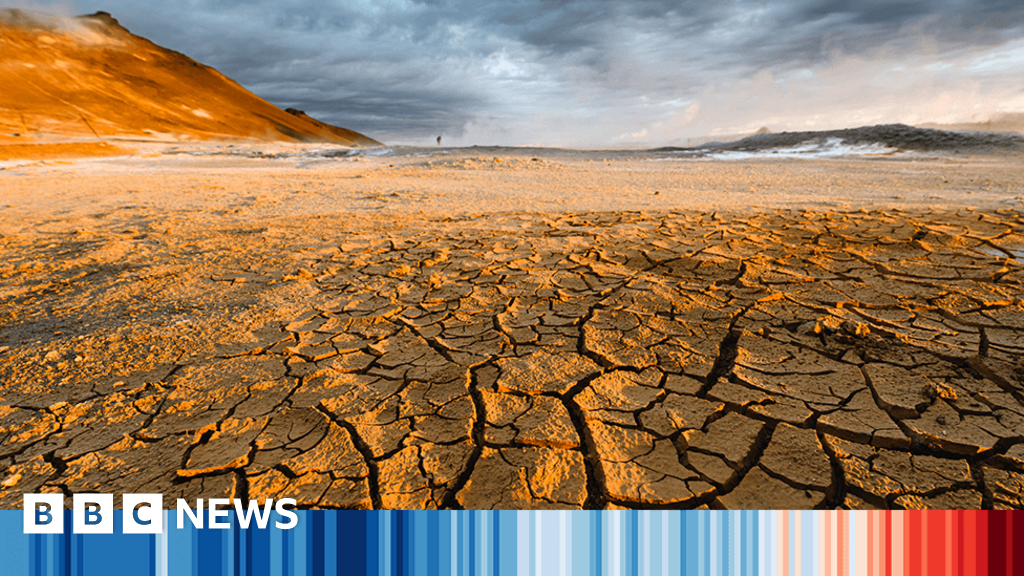Understanding Climate Change: A Comprehensive Guide
Core Concepts
Human activities are driving climate change, leading to rising temperatures and severe consequences. Urgent action is crucial to mitigate the worst effects of this global issue.
Abstract
Climate change is a long-term shift in Earth's temperatures caused by human activity. The rise in global temperatures has resulted in extreme weather events, melting glaciers, and other environmental impacts. Limiting temperature increases to 1.5C is vital to prevent catastrophic consequences such as sea-level rise and coral reef loss. Despite international efforts, more action is needed from governments and individuals to combat climate change effectively.
What is climate change? A really simple guide
Stats
Over the last decade, the world was on average around 1.2C warmer than during the late 19th Century.
Since the start of the Industrial Revolution, the amount of CO2 in the atmosphere has risen by about 50%.
More than 99% of coral reefs would be lost at 2C global warming compared with 70-90% at 1.5C.
Quotes
"Limiting long-term average temperature rises to 1.5C is crucial."
"People living in poorer countries are expected to suffer most as they have fewer resources to adapt."
Key Insights Distilled From
by at www.bbc.com 02-21-2024
https://www.bbc.com/news/science-environment-24021772
Deeper Inquiries
How can individual actions contribute significantly to combating climate change?
Individual actions play a crucial role in combating climate change. By making sustainable choices in daily life, such as reducing energy consumption, using public transportation or carpooling, recycling and reducing waste, individuals can collectively make a significant impact on reducing greenhouse gas emissions. Additionally, supporting renewable energy sources like solar or wind power at the household level can further contribute to mitigating climate change. Advocating for environmentally friendly policies and practices within communities and workplaces also helps raise awareness and drive positive changes towards sustainability.
What are some potential drawbacks or criticisms of international agreements like the Paris Agreement?
While international agreements like the Paris Agreement are essential steps towards addressing climate change on a global scale, they do face certain drawbacks and criticisms. One common criticism is that these agreements lack enforceability mechanisms, meaning countries may not be held accountable for failing to meet their commitments. Additionally, there are concerns about the adequacy of emission reduction targets set by countries under these agreements. Some critics argue that more ambitious goals are needed to effectively combat climate change. Moreover, disparities in financial contributions from developed versus developing nations have been a point of contention, with calls for greater equity in funding mechanisms.
How can societal inequalities impact the global response to climate change?
Societal inequalities have a significant impact on the global response to climate change. Vulnerable populations in low-income countries often bear the brunt of environmental disasters caused by climate change due to limited resources for adaptation and recovery efforts. This exacerbates existing social disparities and economic challenges within these communities. Furthermore, marginalized groups such as indigenous peoples or minority populations may face disproportionate impacts from environmental degradation linked to industrial activities driven by wealthier nations. Addressing societal inequalities is crucial for building resilience against climate-related risks and ensuring an equitable transition towards sustainable development worldwide.
0
